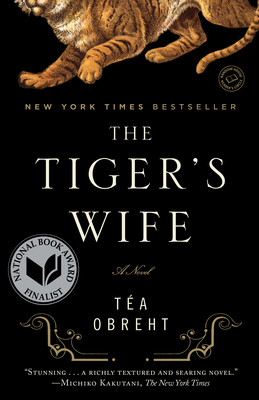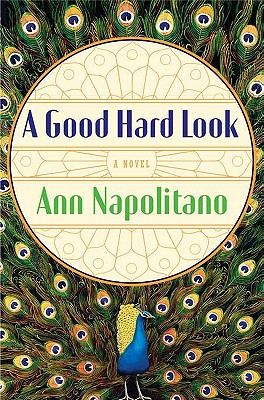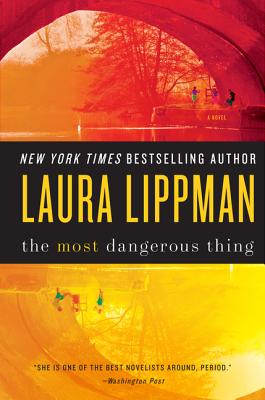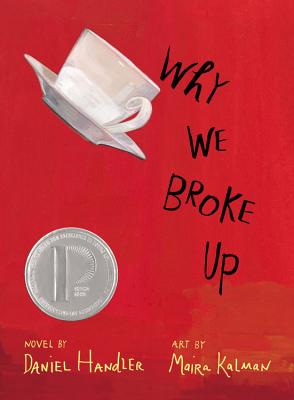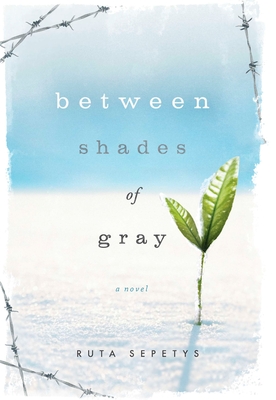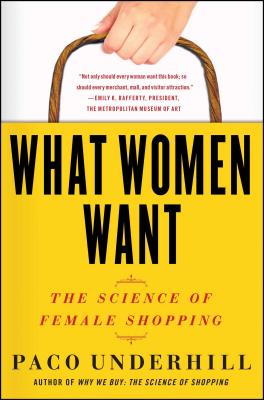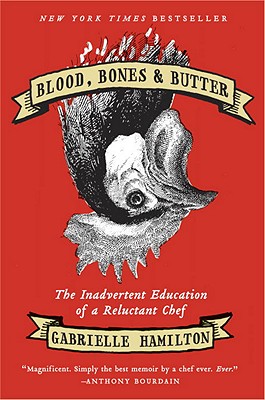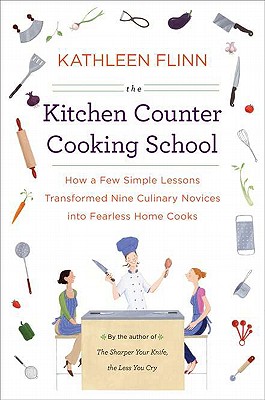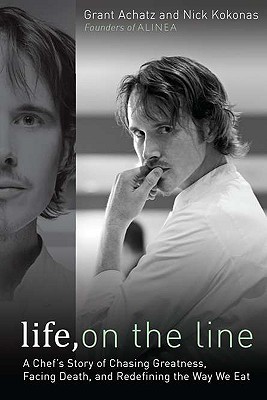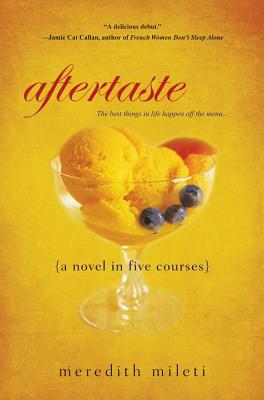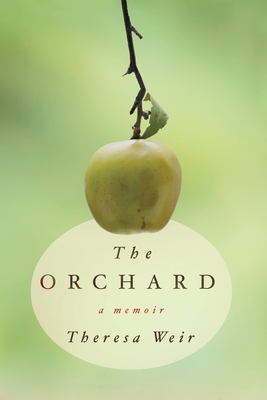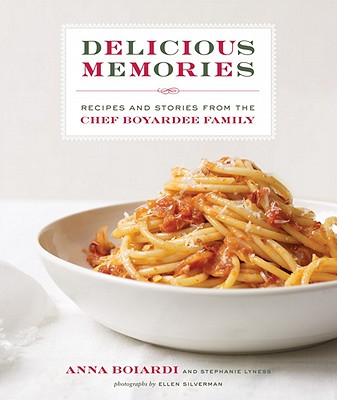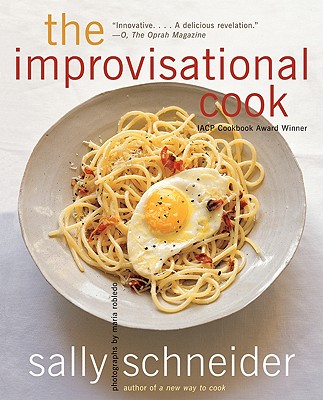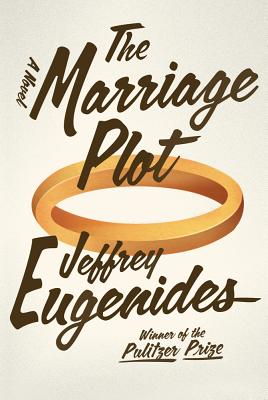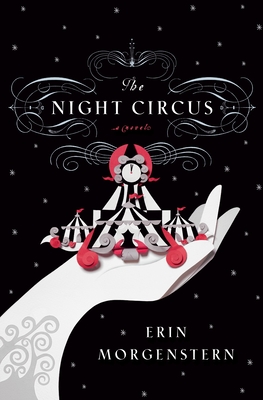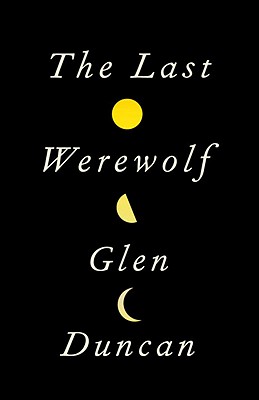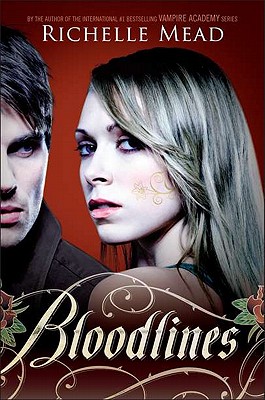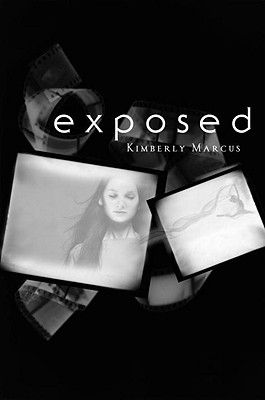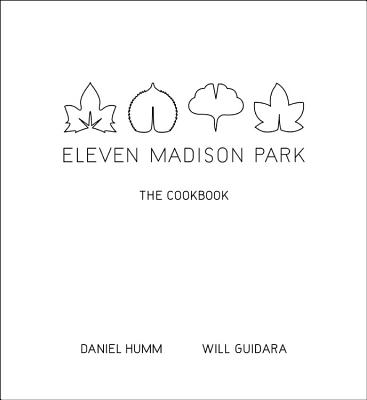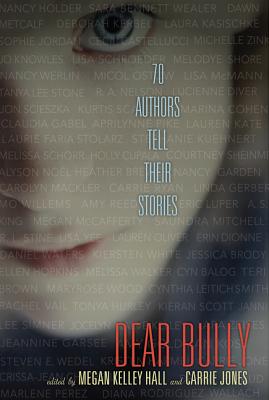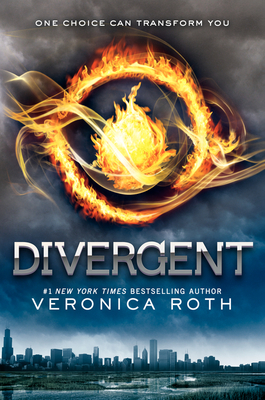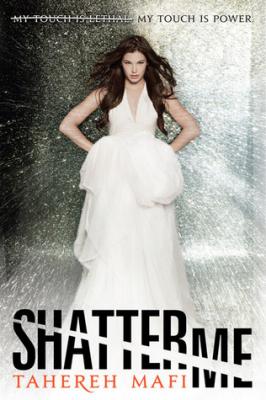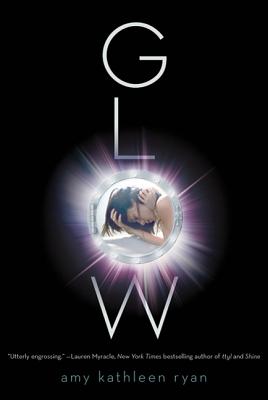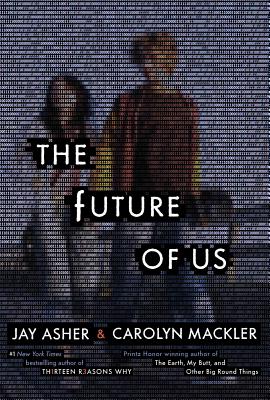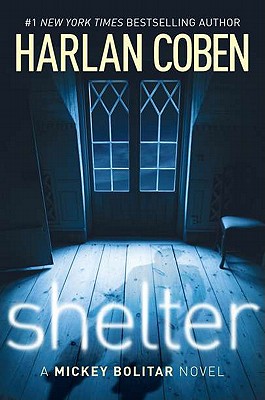Jeannie loved:
Judy B. loved:
Mariana loved:
Kathy E. loved:
Thoughts on books, reading and publishing from the staff and friends of the Tattered Cover Book Store.
Saturday, December 31, 2011
Celebrate Nursery Rhymes With 50 Outstanding Cartoonists!!!
Featuring fifty classic nursery rhymes illustrated and interpreted in comics form by fifty of today’s preeminent cartoonists and illustrators, this is a groundbreaking new entry in the canon of nursery rhymes treasuries.
From New Yorker cartoonist Roz Chast’s “There Was a Crooked Man” to Bad Kitty author Nick Bruel’s “Three Little Kittens” to First Second’s own Gene Yang’s “Pat-a-Cake,” this is a collection that will put a grin on your face from page one and keep it there.
Each rhyme is one to three pages long, and simply paneled and lettered to ensure that the experience is completely accessible for the youngest of readers. Chock full of engaging full-color artwork and favorite characters (Jack and Jill! Old Mother Hubbard! The Owl and the Pussycat!), this collection will be treasured by children for years to come.
Take A Look Inside:
Friday, December 30, 2011
Jackie's Top Ten Foodie Books For 2011 (With Bonus Entries)
Click the book cover to learn more about it.
And I have to mention couple more, even though theycome out this year, because they are recent discoveries on mine and I LOVE LOVE LOVE them:
Happy New Year everyone!
Jackie
And I have to mention couple more, even though theycome out this year, because they are recent discoveries on mine and I LOVE LOVE LOVE them:
Happy New Year everyone!
Jackie
New Pulse Pounding Action from Taylor Stevens
With The Innocent, Taylor Stevens, the bestselling author of The Informationist, returns with another blockbuster thriller featuring the fearless Vanessa Michael Munroe.
Eight years ago, a man walked five-year-old Hannah out the front doors of her school and spirited her over the Mexican border, taking her into the world of a cult known as The Chosen. For eight years, followers of The Prophet have hidden the child, moving her from country to country, shielding the man who stole her. Now, those who’ve searched the longest know where to find her. They are childhood survivors of The Chosen, thirty-somethings born and raised inside the cult who’ve managed to make lives for themselves on the outside. They understand the mindset, the culture within that world, and turn to Vanessa Michael Munroe for help, knowing that the only possibility of stealing Hannah back and getting her safely out of Argentina is to trust someone who doesn’t trust them, and get Munroe on the inside.
Tautly written, brilliantly paced, and with the same evocation of the exotic combined with chilling violence that made The Informationist such a success, The Innocent confirms Taylor Stevens’ reputation as a thriller writer of the first rank.
Thursday, December 29, 2011
Daniel Handler (aka Lemony Snicket) Tries His Hand At YA
I'm telling you why we broke up, Ed. I'm writing it in this letter, the whole truth of why it happened.
Min Green and Ed Slaterton are breaking up, so Min is writing Ed a letter and giving him a box. Inside the box is why they broke up. Two bottle caps, a movie ticket, a folded note, a box of matches, a protractor, books, a toy truck, a pair of ugly earrings, a comb from a motel room, and every other item collected over the course of a giddy, intimate, heartbreaking relationship. Item after item is illustrated and accounted for, and then the box, like a girlfriend, will be dumped.
Click HERE for an exclusive Entertainment Weekly video trailer for the book.
Roger Sutton Interviews Daniel Handler:
Roger Sutton: We want to talk about Why We Broke Up. Why did we break up, Daniel? It's still sad.
Daniel Handler: I don't know if you and I were ever really together.
RS: Oh, that's how you see it, do you?
DH: I'm just using the same old line I always use.
RS: Looking back on your romantic history, what would you say your ratio is for dumper/dumpee?
DH: Oh, I think I was entirely dumped. A couple of times I did the passive-aggressive trick of being a sullen jerk so I would get dumped rather than having the courtesy to say "I don't want to be in this relationship any more."
RS: I'm usually the one who gets dumped, too. I only dumped somebody once.
DH: So you and I have no idea what we're talking about.
RS: Then let's talk about something we do know about… In Why We Broke Up Min is clearly the aggrieved party. But she's also the dumper.
DH: Yeah. It seems to me that oftentimes in young relationships once there's a problem of some significance then it's almost like they're both racing for the dumper buzzer. When I was writing the book, I wanted to construct a situation in which Min is the one who's heartbroken but not the one who's been dumped.
RS: I think that you did a really great job of taking what was an unlikely couple, bohemian Min and jock Ed, and making us see why they were drawn together.
DH: I'm not sure they're an unlikely couple. I mean, I think they're an unlikely couple to last, but I don't think they're necessarily an unlikely couple as far as that goes. Particularly being that one of them is quite the lady-killer.
RS: Except he's the kind of lady-killer that girls like Min are supposed to scorn.
DH: Yeah. But as a non-lady-killer, certainly in high school, I saw that that the louder a girl scorned the lady-killer, the more likely she was going to end up with him at some point.
RS: What accounts for the book's extraordinary weight? Is it the paper? Is it the binding?
DH: It's the emotional heft.
RS: Well, they do seem to go together.
DH: I think it's the paper. In order for Maira Kalman's paintings to look as splendid as they ought to, we needed to make the book on paper that was splendid, which is to say heavy.
RS: How did you and Maira work together on this?
DH: Well, we had previously collaborated on a picture book, 13 Words. We had a good time collaborating, and when we talked about doing something else, I thought it was her turn to make the first move. And she showed me all of these paiasntings of tiny ordinary objects, which was a surprise to me, because her paintings are often so fantastical.
I tried to think of what makes ordinary objects seem a bit magical, and it seemed that their having a romantic attachment to them would do it, so that an ordinary object is made wondrous by romantic memory and imagination. And then I started thinking about all the objects going in a box, and then it being dumped on someone's front porch. And, probably because I'm always the one being dumped, I pictured a girl dumping a boy.
RS: I thought you did a great job there of assuming a girl's voice. I mean, you had this whole Lemony Snicket persona, which is one thing, and now take on this very straightforwardly, unabashedly romantic, real-life, real-girl kind of voice.
DH: My first novel for adults, The Basic Eight, was from the point of view of a teenage girl, so it wasn't entirely unfamiliar territory for me. It's always difficult for me to talk about this without sounding pervy because I end up saying, "There's just something about teenage girls . . ." But I do think that, narratively, what might seem like an ordinary story happening to a grown man, for instance, becomes instantly more interesting when it's about a teenage girl.
RS: Why is that?
DH: I think young women are given colossal expectations. Simultaneously there's no room for them in society and yet they're encouraged to go everywhere. They're both overprotected and underprotected, and they're all possibility but they're also all happening right now. There are a lot of things that just seem to collide when we're talking about young women between the ages of twelve and twenty.
RS: Which is really the audience for this book.
RS: Do you know that you have a sentence in this book that's 330 words long?
DH: Is it? I don't word-count my sentences, but that doesn't surprise me.
RS: Page 257. It starts on page 257. I didn't even realize how long it was till I counted. This is a compliment--I didn't feel like I was back in high school having to read Faulkner or anything. Just this amazing tumble of words.
DH: I remember when we were working on it, it was definitely on purpose to have that sentence end with the word "forever." Three hundred and thirty. Yeah, hoping for the record but we should get that on Twitter and see if someone has found a longer one.
RS: I can do that.
DH: That's why I mentioned it.
RS: When I started the book, and Min started talking about her passion for movies, I felt so unsophisticated because I didn't know any of the films she was talking about. It was quite a while before I decided, "Wait a minute, Roger, it's not you. These movies are made up."
DH: That was a lot of fun. I like movies, but when I was younger I ran with a crowd that really liked movies, and so I remember both the joy of seeing extremely arty movies and the boredom of being in movie theaters not understanding certain kinds of things.
Before I started this book I was looking at some novels that I really liked when I was seventeen, eighteen, and to my embarrassment, the vast majority of them were sexually explicit. But in my head, that's not how they were. In my head, what I liked about The Mambo Kings Sing Songs of Love was its passion and experimental language and location in an old-fashioned world. And when I reread it I saw that it had something like seventy-five blowjobs. But I didn't remember that at all. And it was like that for a handful of books that I reread.
After that screening of Library of the Early Mind we did at ALA in New Orleans, I was talking to a couple of librarians and they asked, What kind of books do you think we can put in the hands of adolescent boys? I said that seems like a silly goal for a writer, but if I ever decided that what I wanted to do was write a book where the primary audience would be adolescent boys, it would be filthy. And then I started talking about The Mambo Kings Play Songs of Love. I said boys would love it. It would be a real book. They would learn things and their minds would be engaged and their hearts would be engaged but also their loins. And I think that's when they said, "I believe the reception is just about over. Nice to meet you."
RS: People do have funny expectations of authors. That you're going to do things for a particular audience. That you can help bring boys to reading. I mean, is that your job?
DH: It might be part of my job description, but I don't think it's a good thing to sit down at my desk and think about. But probably all writers feel engaged in the process of carrying literature forward in one way or another.
RS: Do you know the book This Is Not for You, by Jane Rule? I think of it because of the direct address of your book, the sort of you, you, you of Min addressing Ed. Was that hard to remember to do, or do you just fall into it?
DH: I don't think it was that hard because I really felt the angle of telling the story to somebody. I'm trying to remember when we copyedited if there were a lot of "he saids" that had to be changed to "you saids," but I don't think there were. It felt very firmly in mind, because you tell a story differently to different people, and this story is directed at Ed.
RS: Poor guy.
DH: I'm glad you feel that way. There's more and more sympathy I'm hearing for Ed, which is nice, because I had nothing but sympathy for him when I was making this book. But being that most of the first readers were women, there was tremendously little sympathy for him.
RS: Oh, no, I think he's sympathetic, and attractive, and you can see totally why she's into him, and you can see why he does what he does—I don't want to give anything away in the interview—but he doesn't understand why she thinks he's done something wrong. It really takes him a while. It's not because he's stupid, it's because he's a guy.
DH: My publisher Megan Tingley keeps quoting this line that Ed sputters during the breakup that she finds morally despicable but I find absolutely understandable. It's where he says, "She lives nearby."
RS: Right up there with "we were on a BREAK." All right, I have one last question. Do you keep any old-girlfriend memorabilia?
DH: I do.
RS: What's the most interesting thing you have that you can share with us?
DH: I mostly have notes and photographs. I have a huge number of photographs that I took with my college girlfriend, on a road trip. It must have been color film, but printed through black-and-white technology or something. They're all sepia-toned. That road trip was the beginning of the end, so even by the time the photographs were printed, they already looked elegiac. We look so young and fragile, and we thought we were very sophisticated. We thought we were going to be together forever, and even from the body language in the photographs you can tell we weren't going to make it.
RS: Why did you break up?
DH: She met a woman. Yeah. That's another novel. That's a much longer novel. That will have a longer sentence than 330 words, I'll tell you that much.
(interview courtesy of hbook.com)
Wednesday, December 28, 2011
Jackie's Top Ten YA Titles of 2011, With A Bonus Pick
Since we've already talked about these books on BTC, just consider this a reminder of their fantasticness and click on the book covers to find out more about any books that catch your eye.
Thanks,
Jackie
And this book is not kept in our Young Adult section, but it is of vital interest to teens. It's a whole movement know, with many authors, actors, politicians, sports celebrities, etc. involved. I simply cannot praise this entire thing more highly and there is no way this book can be left off a Best of 2011 list.
Thanks,
Jackie
And this book is not kept in our Young Adult section, but it is of vital interest to teens. It's a whole movement know, with many authors, actors, politicians, sports celebrities, etc. involved. I simply cannot praise this entire thing more highly and there is no way this book can be left off a Best of 2011 list.
Miki says: "This was the most beautiful jam packed cookbook that I have sold. The chef is the James Beard winner for 2010 and the restaurant won best in America."
Eleven Madison Park is one of New York City's most popular fine-dining establishments, and one of only a handful to receive four stars from the New York Times. Under the leadership of Executive Chef Daniel Humm and General Manager Will Guidara since 2006, the restaurant has soared to new heights and has become one of the premier dining destinations in the world.
Eleven Madison Park: The Cookbook is a sumptuous tribute to the unforgettable experience of dining in the restaurant, where the latest culinary techniques are married with classical French cuisine. The book features more than 125 sophisticated recipes, arranged by season, adapted for the home cook, and accompanied by stunning full-color photographs by Francesco Tonelli.
Subscribe to:
Comments (Atom)
